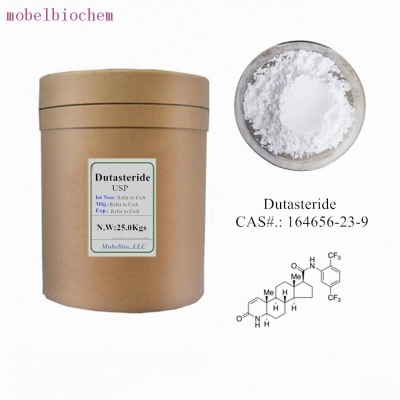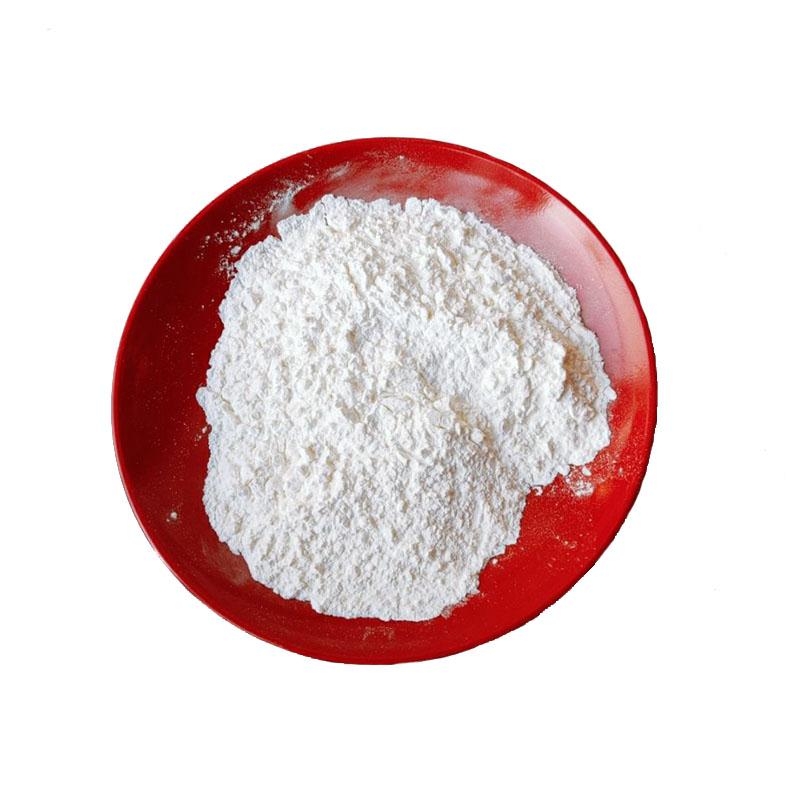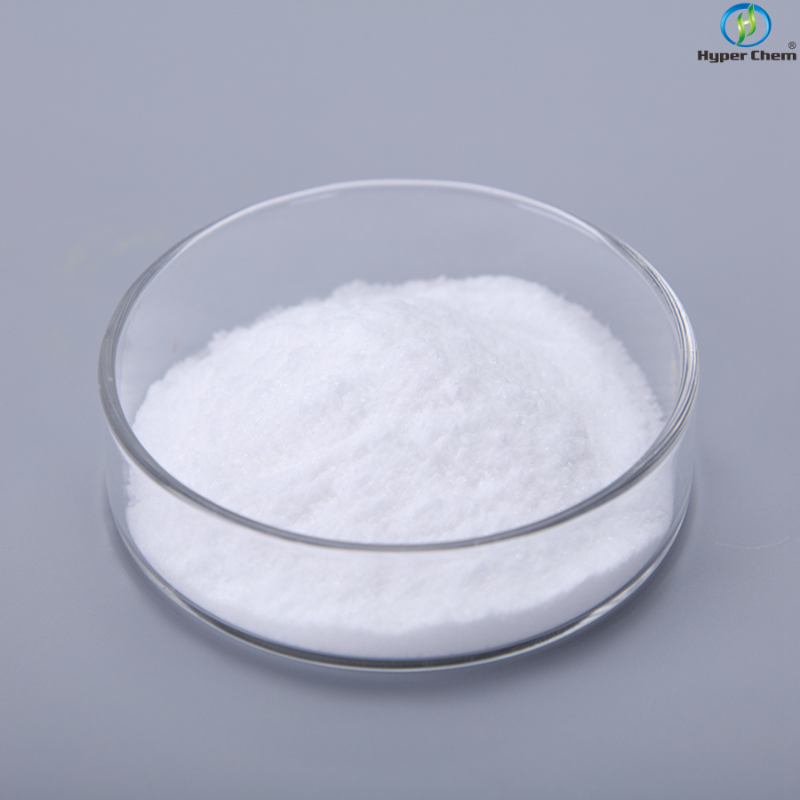-
Categories
-
Pharmaceutical Intermediates
-
Active Pharmaceutical Ingredients
-
Food Additives
- Industrial Coatings
- Agrochemicals
- Dyes and Pigments
- Surfactant
- Flavors and Fragrances
- Chemical Reagents
- Catalyst and Auxiliary
- Natural Products
- Inorganic Chemistry
-
Organic Chemistry
-
Biochemical Engineering
- Analytical Chemistry
-
Cosmetic Ingredient
- Water Treatment Chemical
-
Pharmaceutical Intermediates
Promotion
ECHEMI Mall
Wholesale
Weekly Price
Exhibition
News
-
Trade Service
The reasons for the gender difference in chronic kidney disease (CKD) are not clear.
to provide a deeper understanding, the researchers put these differences in the context of evolutionary biology and explored the gender-specific effects of insulin resistance, as it may have gender-specific effects on the reproductive axis.
impaired kidney function may also lead to insulin resistance.
used two-way, gender-specific, two-sample Mendel Randomization (MR) to assess these possibilities.
considering that anteating insulin, an empty stomach blood sugar, and glyzed hemoglobin were associated, the researchers used MR-Bayes model averages (MR-BMA) to determine the most appropriate model and the most influential exposure.
A genetic association with glycemic characteristics was obtained from the European Diabetes-Free Whole Genome Association Study (GWAS) (in meta-analysis, an empty-stomach insulin represented insulin resistance, an empty-stomach insulin was n s 108,557, and an empty-stomach blood sugar was n s 123,123, 665,n s 108,557 glucose and insulin-related associations (MAGIC)) and applied to GWAS in 480,698 Europeans to fully understand CKD (cases n s 41,395) and eGFR.
on an empty stomach is the most likely overall and gender-specific exposure of MR-BMA.
it increased male CKD (or an increase of 7.23 / pmol/l on an empty stomach CI 2.46, 21.2)), but did not increase female CKD (or 1.05 s 95% CI 0.21, 5.21)), reducing male eGFR (-0.04 (95% CI-0.07, .01)), but not female CKD (0.01 (95% CI-0.02,0.03).
eGFR predicted by the gene was not associated with insulin on an empty stomach.
, predicted by the gene, is associated with CKD and unhealthy kidney function, but is not affected by kidney function.
.







